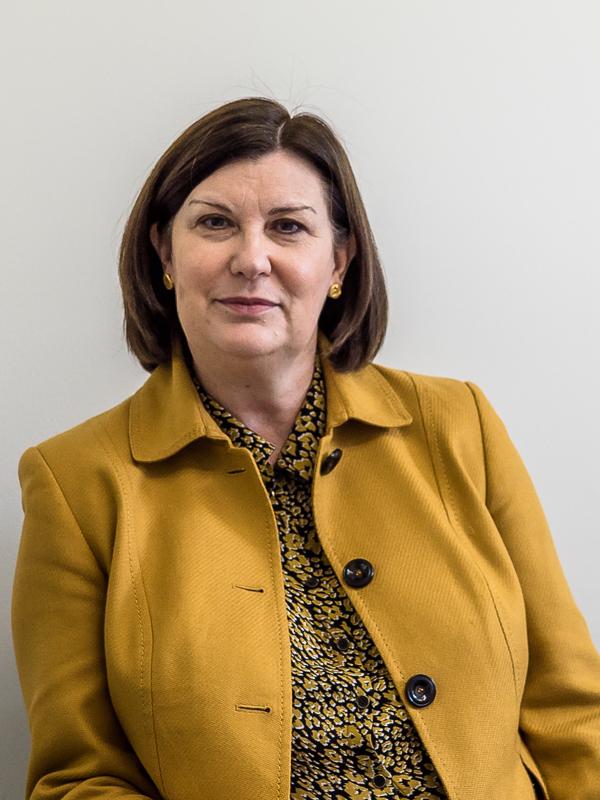You are here
This year the theme of Mental Health Awareness Week is ‘Kindness’.
22 May 2020

This year the theme of Mental Health Awareness Week is ‘Kindness’. In my message last week, I paid tribute to the Royal Free hospital after watching their COVID-19 BBC documentary. Thank you to everyone who responded directly to my message with appreciation for the kindness and recognition expressed to them. Reflecting on my clinical career, most often it is those small acts of kindness that mean the most, particularly at the end of a difficult shift or day. We now need to be even more creative about how we show those acts of kindness in the new virtual world we find ourselves in.
Throughout the pandemic, those working in health and care have shown time and time again that in addition to their professional expertise and compassion, kindness to each other, patients and their families is a key professional responsibility too. The way we have treated each other with respect and kindness across teams and organisations has united us more than ever before.
At HEE, we are responsible for the delivery of high quality education and training, not just for the numbers available to work in the NHS. Our key priority now is to ensure that students, learners’ and trainees across all professions whose training may have been affected by COVID-19 are not disadvantaged. Many of these colleagues have been working differently to support the service, some have volunteered as their courses were paused, some have qualified sooner than expected and have joined the NHS early. All have seen their plans disrupted. As we re-set the NHS and plan to manage further outbreaks alongside the challenges of winter, we must ensure that the future pipeline for the workforce is reinstated. Of course we have done things differently in response to the pandemic and some of those changes can help us in both the near and longer term future. We will need support to deliver those changes in a way that ensures those affected do not feel short-changed and that patients get the workforce needed.
With this in mind, HEE has confirmed this week that medical training rotations will commence again in August 2020 in order to protect the education and training of this future workforce. Together we have a responsibility to make the most of local knowledge and expertise, and to minimise disruption to planned placements wherever possible. HEE offices can work with relevant colleagues locally to determine the pace and timing of rotational changes for existing trainees, facilitating discussions around geographical location, workload management and around induction. To hear more, please join our webinar on Tuesday 26th May at 7pm led by Professor Sheona MacLeod, Acting Director of Education and Quality and Executive Medical Director. The link to the webinar is here
Those that know me well will know of my love for Italy and my passion for the art of the early renaissance period. For me, one of the most fascinating things about that remarkable period in human history is just how suddenly everything seems to look and feel different in comparison to that which came before – and yet those celebrated masters were, in many ways, doing the same thing as their predecessors. And I can’t help but be struck by the opportunity we now have in front of us for the NHS, indeed health care across the globe, for similar fast-paced, era-defining change and re-birth.
Looking ahead to our new future, the post-COVID-19 renaissance gives us all a real opportunity to think about what makes a good healthcare professional, whether that may be a doctor, nurse, allied health professional or another clinical and non-clinical profession working across the NHS?
There is no doubt that reform is difficult and requires a huge philosophical and cultural reset as well as a regulatory one. On this subject, I am keen to hear views from colleagues from Royal Colleges, the HEIs and their representative bodies about how we specify and assess the marks of a good clinician throughout their education and training, and what needs to change to meet the needs of the future effectively.
I have intentionally described the ‘reset’ we are all now thinking and talking about as the COVID-19 renaissance. We must not go backwards to the way we were six months ago, instead we must look forward and see this as an opportunity to take health and care education and training to a new level.
Kind Regards,
Wendy